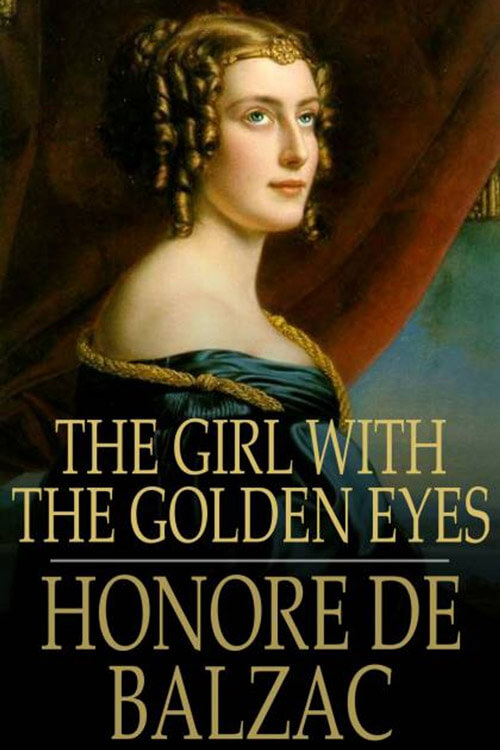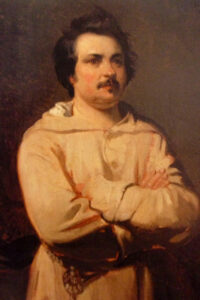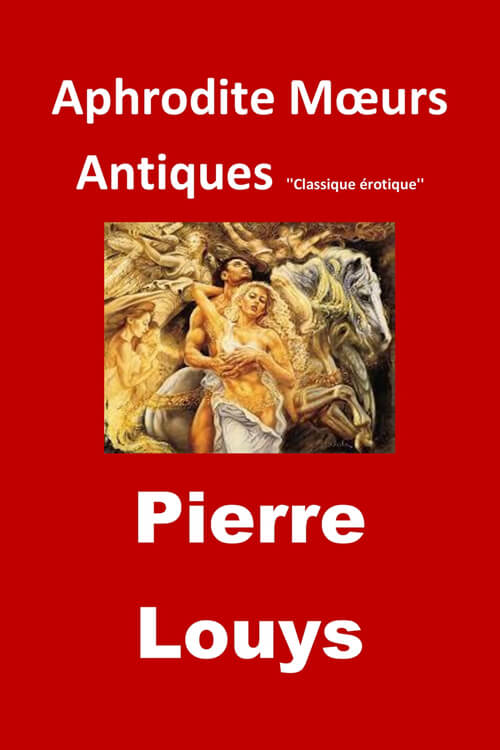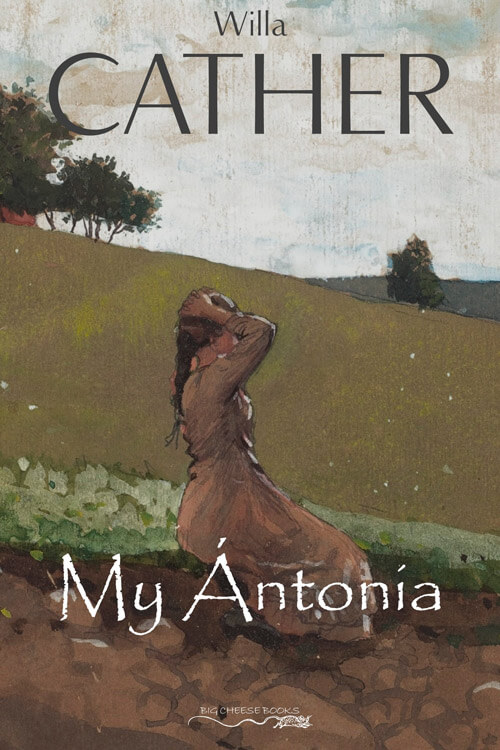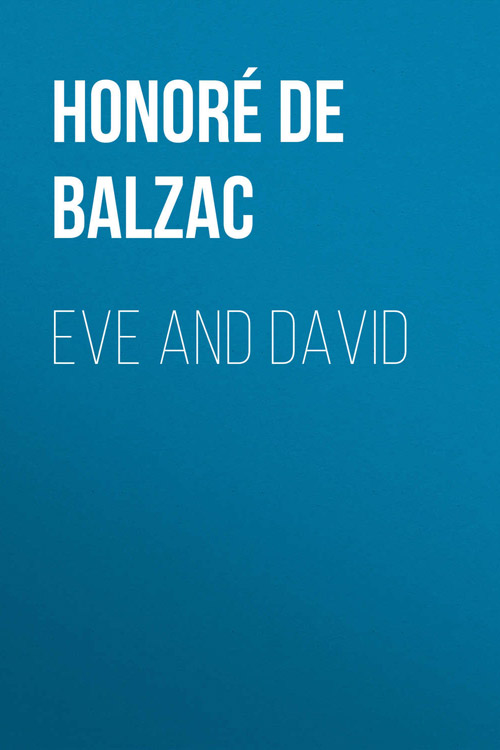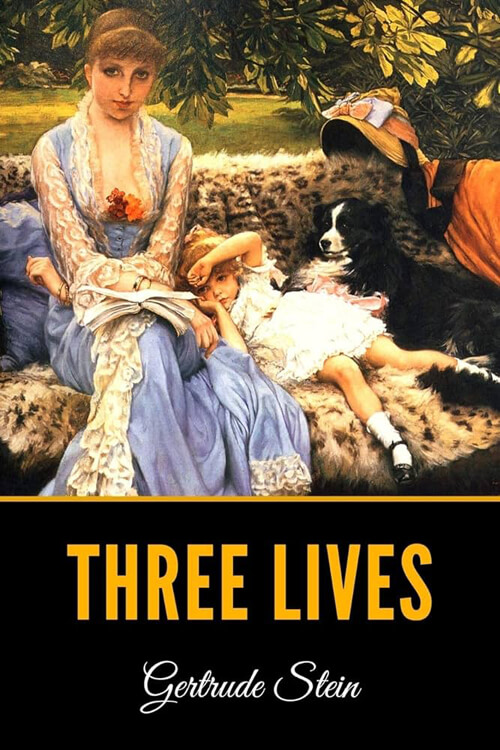
The Girl with the Golden Eyes
La Fille aux yeux d’or (English: The Girl With the Golden Eyes) is an 1835 novella by Honoré de Balzac. The third part of the Thirteen series includes the short stories Ferragus and La Duchesse de Langeais. It is also part of his La Comédie humaine novel sequence. The story follows the decadent heir, Henri de Marsay, who becomes enamoured of the beautiful Paquita Valdes and his plan to seduce her.
He succeeds but becomes disillusioned when he discovers she is involved with another lover, and so he plots to murder her. When he arrives to kill her, he realises that she is already dead by the hand of her lover, his half-sister. She declares that Paquita came from a land where women are no more than chattels, able to be bought and used in any way. In the last lines of the story, de Marsay tells a friend that the girl has died of “something to do with the chest,” by which he means tuberculosis.
Read or download Book
Honoré de Balzac
Honoré de Balzac (20 May 1799 – 18 August 1850) was a French novelist and playwright.
Biography
The novel sequence La Comédie humaine, which presents a panorama of post-Napoleonic French life, is generally viewed as his magnum opus. Owing to his keen observation of detail and unfiltered representation of society, Balzac is regarded as one of the founders of realism in European literature. He is renowned for his multi-faceted characters; even his lesser characters are complex, morally ambiguous, and fully human. Inanimate objects are also imbued with character; the city of Paris, a backdrop for much of his writing, takes on many human qualities.
His writing influenced famous writers, including the novelists Émile Zola, Charles Dickens, Marcel Proust, Gustave Flaubert, Henry James, and filmmakers François Truffaut and Jacques Rivette. Many of Balzac’s works have been made into films and continue to inspire other writers. James called him “really the father of us all.” An enthusiastic reader and independent thinker as a child, Balzac had trouble adapting to the teaching style of his grammar school. His willful nature caused trouble throughout his life and frustrated his ambitions to succeed in business. When he finished school, Balzac was apprenticed in a law office, but he turned his back on the study of law after wearying of its inhumanity and banal routine. Before and during his career as a writer, he attempted to be a publisher, printer, businessman, critic, and politician; he failed in all these efforts.
La Comédie Humaine reflects on his real-life difficulties and includes scenes from his experience. Balzac suffered from health problems throughout his life, possibly owing to his intense writing schedule. His relationship with his family was often strained by financial and personal drama, and he lost more than one friend over critical reviews. In 1850, Balzac married Ewelina Hańska (née Contessa Rzewuska), a Polish aristocrat and his longtime love. He died in Paris six months later.

